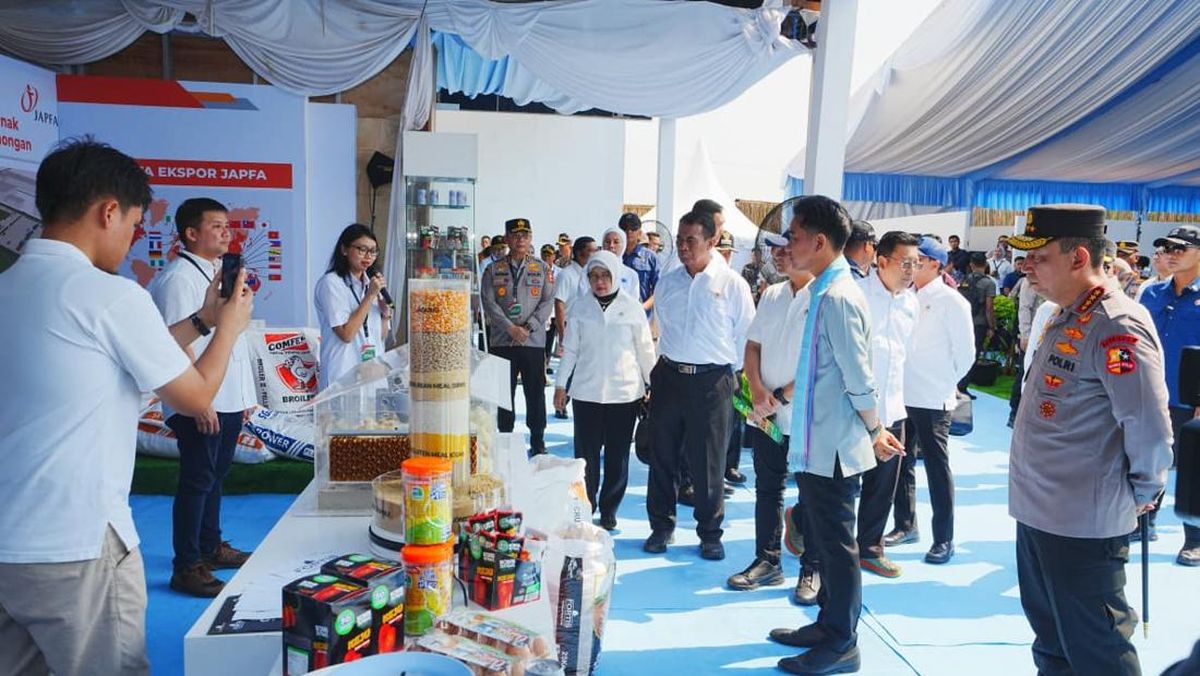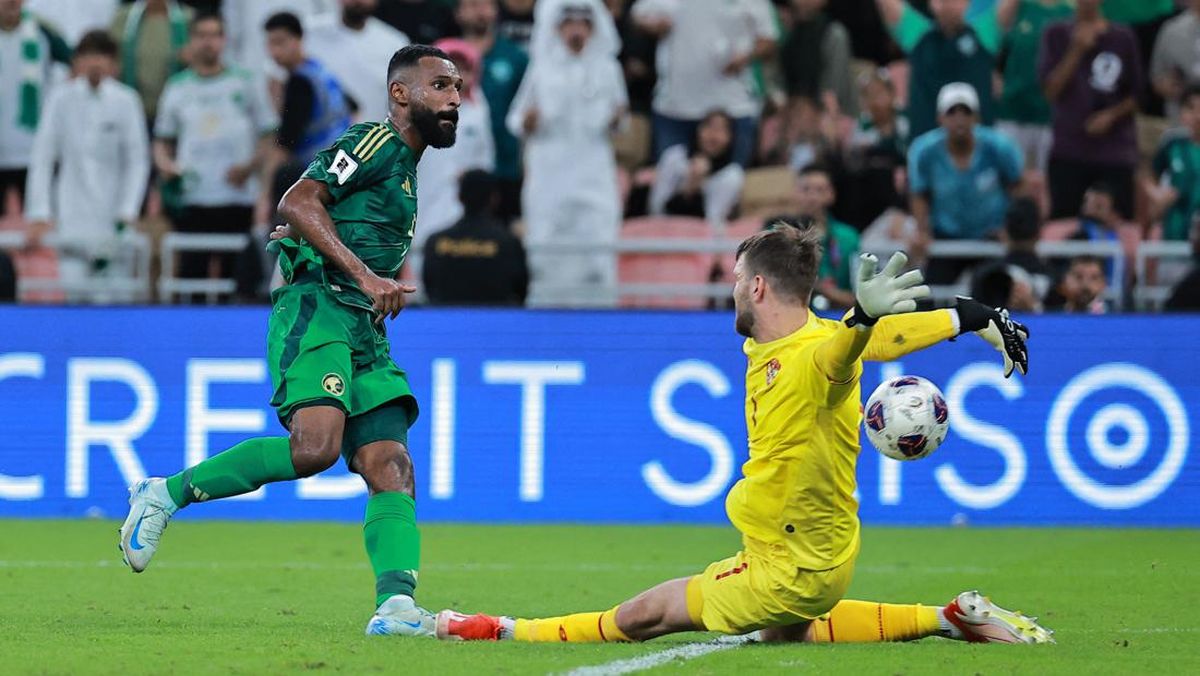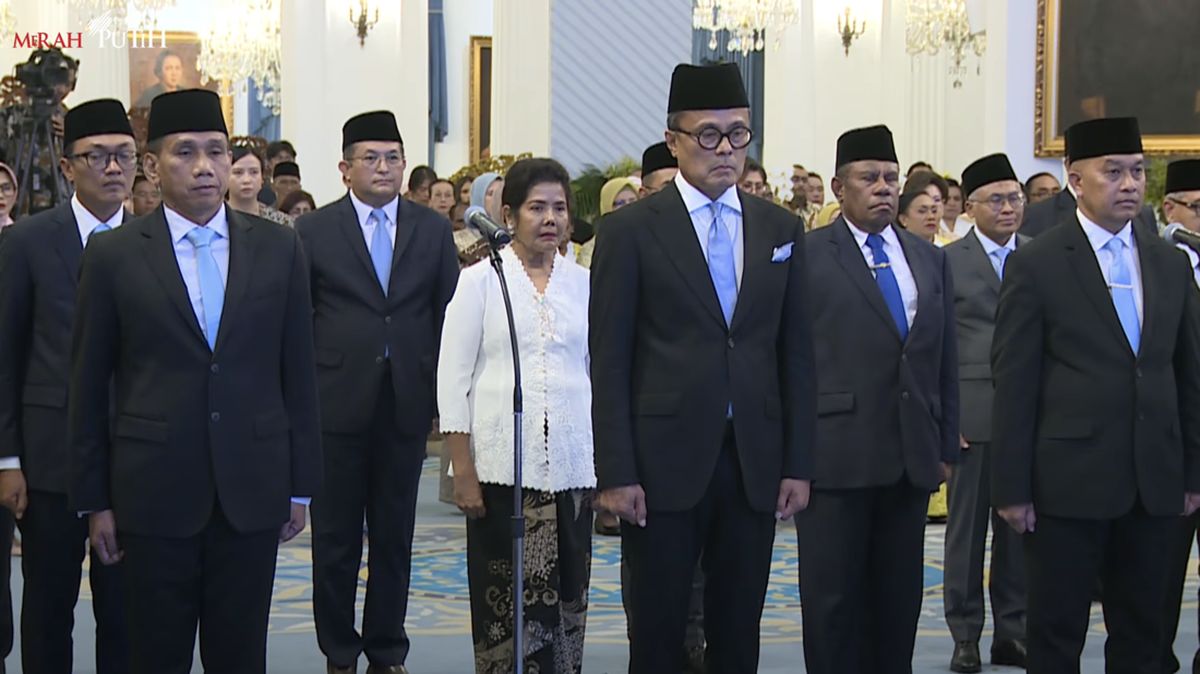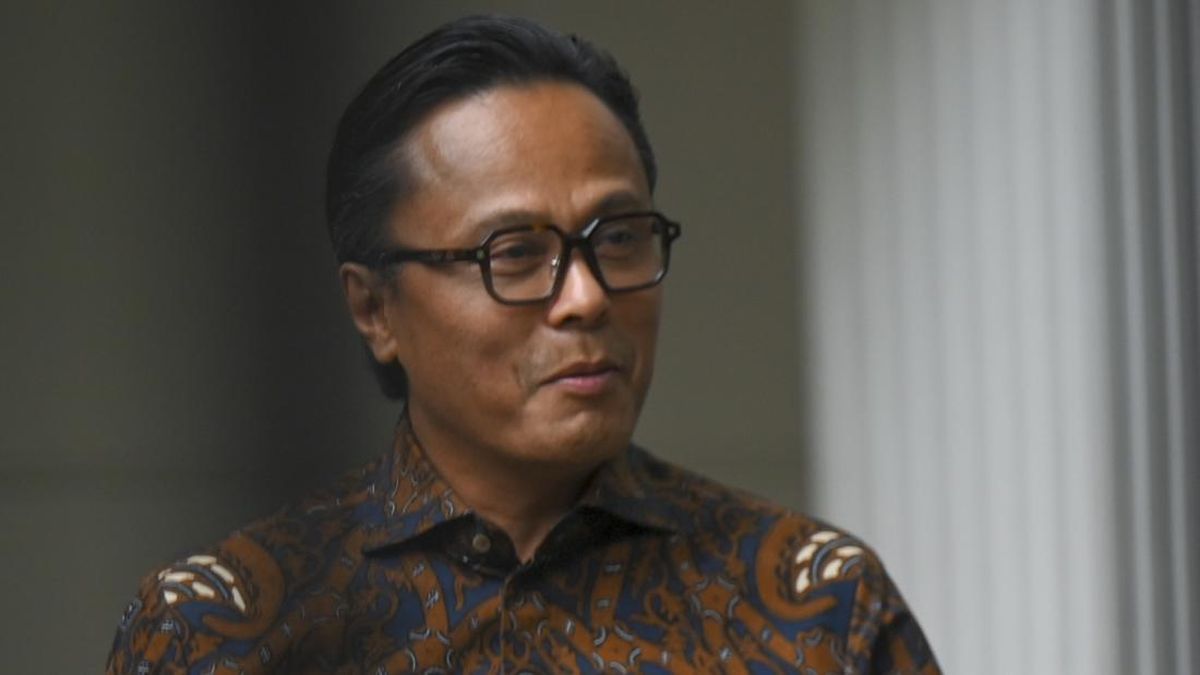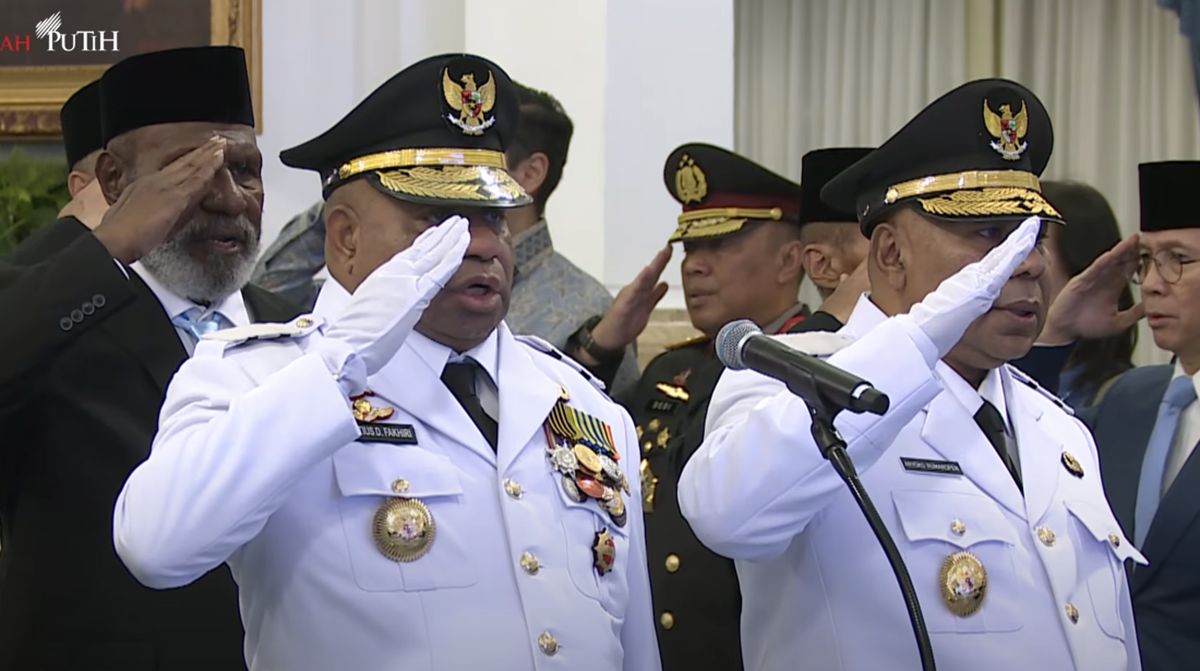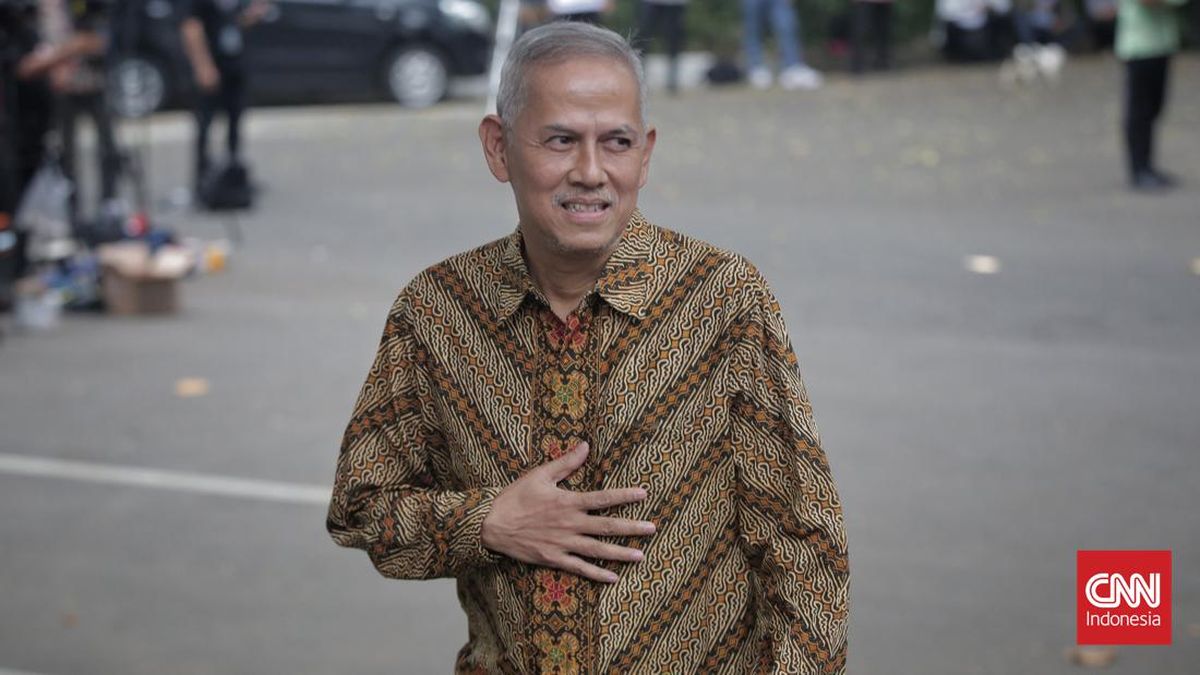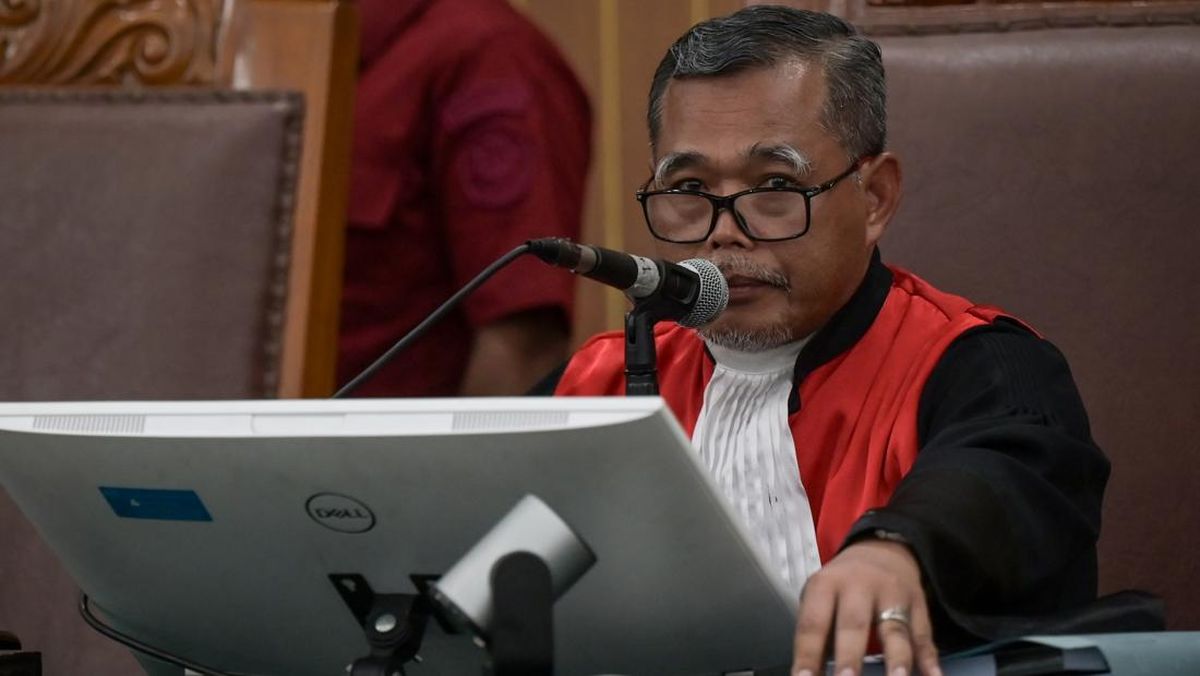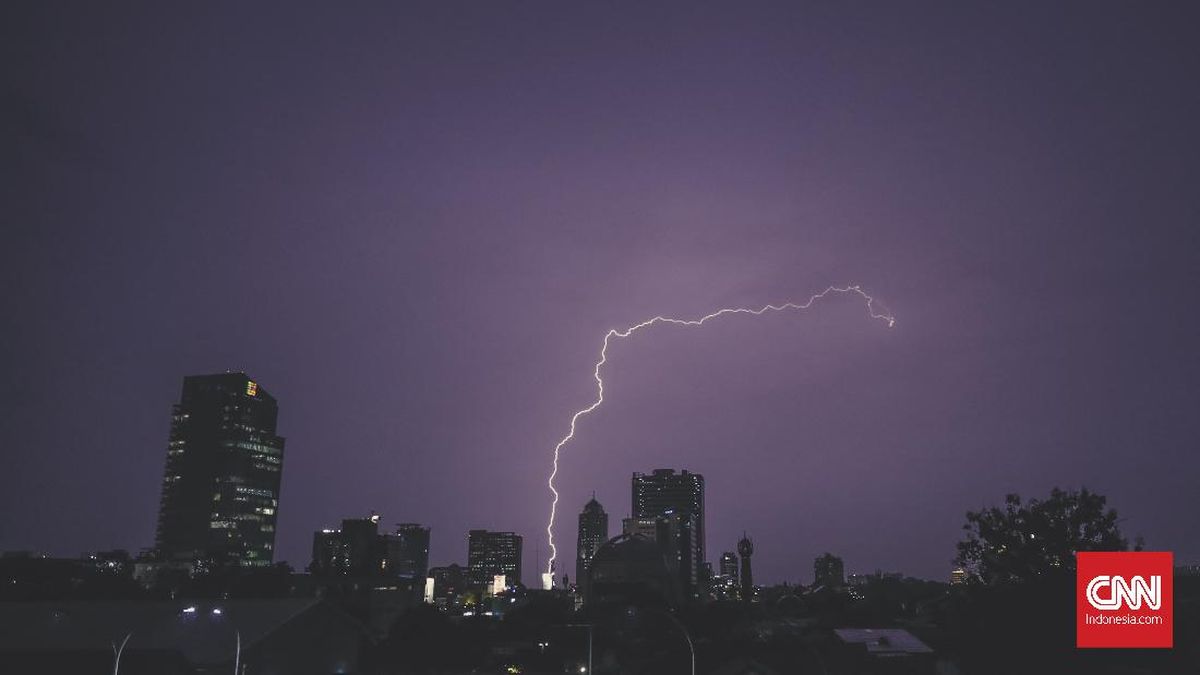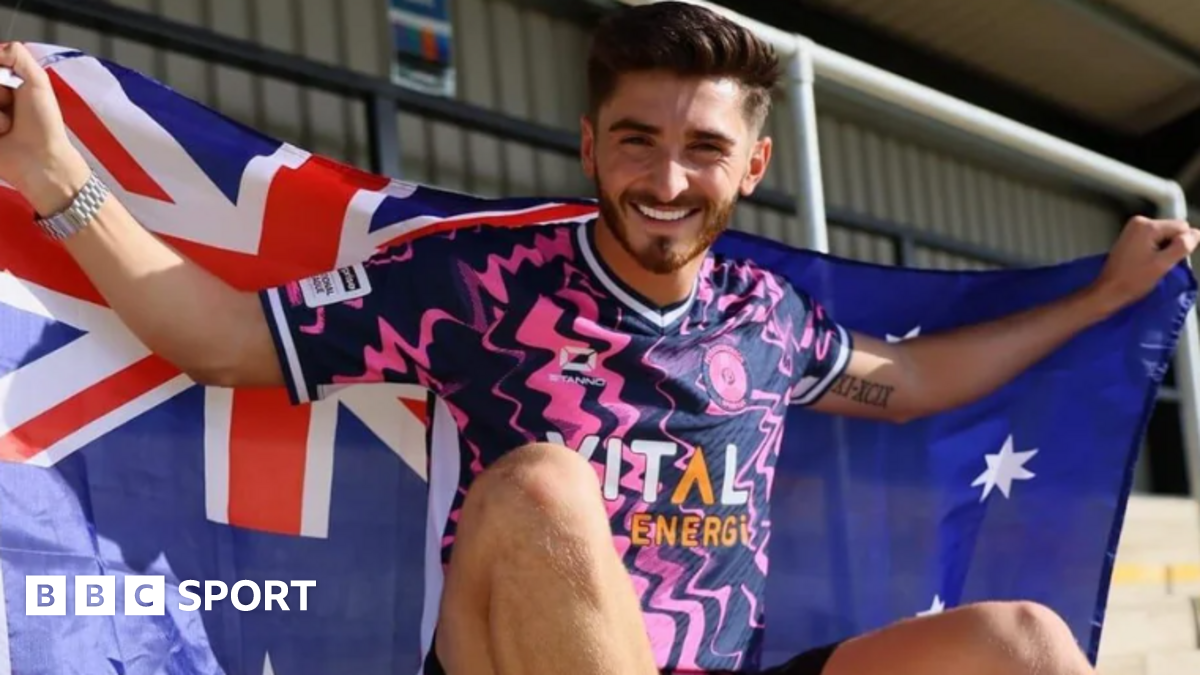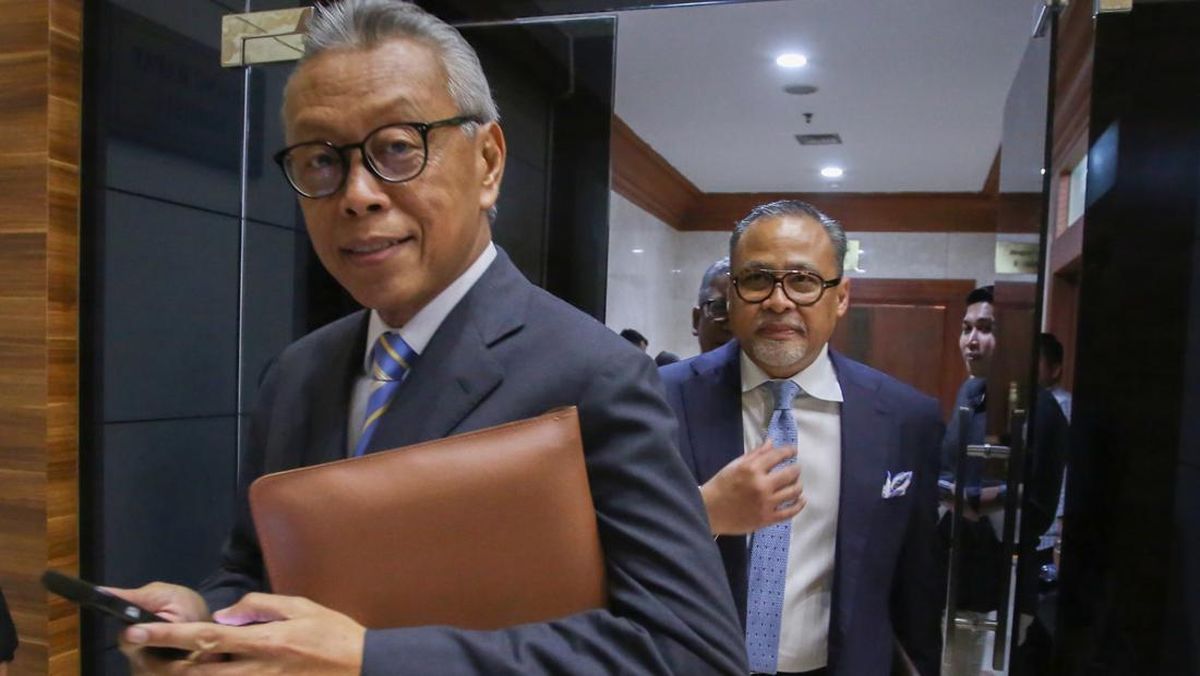Wimbledon is always a delight, but have you found yourself secretly hoping that the players who grunt the loudest will lose? Or, like many of us who find these incessant exhalations so infuriating, do you just mute the TV and watch in silence?

Monica Seles was the first tennis pro to make herself heard.Credit: Ray Kennedy
Surely this shrieking should stop. The full-throttle drives of golfers, cricket batsmen and baseball hitters – all of which require at least as much physical effort as a tennis groundstroke – can apparently be executed without those athletes emitting as much as a peep.
Not so long ago, before Monica Seles was allowed to establish the habit (and the men adopted it soon after), none of the great players felt compelled to grunt like rutting elks. Thankfully, despite Maria Sharapova’s poor example, there are still some competitors able to win matches without bellowing to the bleachers with every stroke.
In my view, loud, prolonged vocalising during a point is cheating, not just because it is a distraction but because it also robs the opponent of crucial sensory inputs. The precise timing and sound of the ball-strike and bounce provide vital cues as to spin, weight of shot, and trajectory. If these are masked by extraneous sound then the receiver is robbed of information that can help them fashion their best response. That’s why the umpires rightly insist on crowd silence during points.
Yet the authorities who govern tennis (despite repeated assurances that they intend to confront the problem) have never invoked the one measure that could settle the grunting issue: their own regulations. Here’s the applicable International Tennis Federation rule: HINDRANCE: If a player is hindered in playing the point by a deliberate act of the opponent, the player shall win the point.
Loading
Note: “shall win the point”. No warning. No let played. The key “wriggle-word” in that rule is “deliberate”. The grunters always argue that their noise is just an involuntary physical response to the exertion of hitting the ball. But Rule 26 has that covered: However, the point shall be replayed if a player is hindered in playing the point by an unintentional act of the opponent.
In other words, a player who objected to the distracting noises coming from the other side of the net could ask the umpire for the previous point to be replayed, again and again, until their opponent desisted, retired or was defaulted.
Nevertheless, a player’s complaint on those grounds during a French Open match brought no action. At the time, Martina Navratilova said: “The grunting has reached an unacceptable level. It is cheating, pure and simple. It is time for something to be done”. Later, the WTA chief executive acknowledged the issue, saying: “It’s time for us to drive excessive grunting out of the game for future generations.”
There were proposals to introduce a Grunt-o-Meter device – a Hawk-Eye for noise – plus education programs for juniors. Nothing substantial eventuated, and the grunting increased. While the ITF was happy to mandate a service shot clock so we might be spared the spectacle of Rafael Nadal endlessly adjusting his underwear, or Novak Djokovic attempting to mesmerise opponents with a dozen pointless ball bounces, they have declined to take any firm action aimed at moderating the unsporting groans that still blight the game.
The proof that these noises are used as a deliberate hindrance is the increasingly common use of a two-part groundstroke grunt. The first loud aargh! comes at the ball strike, the second oyuh! covers the sound of the bounce. Remarkably, the same players who emit those agonised cries during matches seem quite able to abstain while hitting identical shots on the practice court.
Why has this illegal shrieking gone unpunished? Perhaps because the top players are now so rich and powerful that they effectively control the sport. The umpires could stamp out the practice forever by applying the “hindrance” rule at the next major tournament. But they are employed as part of the tour, and probably too concerned for their jobs to risk any action.
What heroes they would be if they had the courage to uphold our right to silence.
David Salter played club tennis for 20 years and is a former head of sport at Channel 7 and the ABC.
Most Viewed in Sport
Loading

